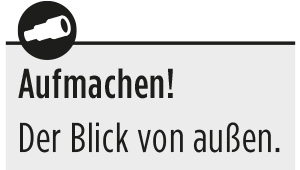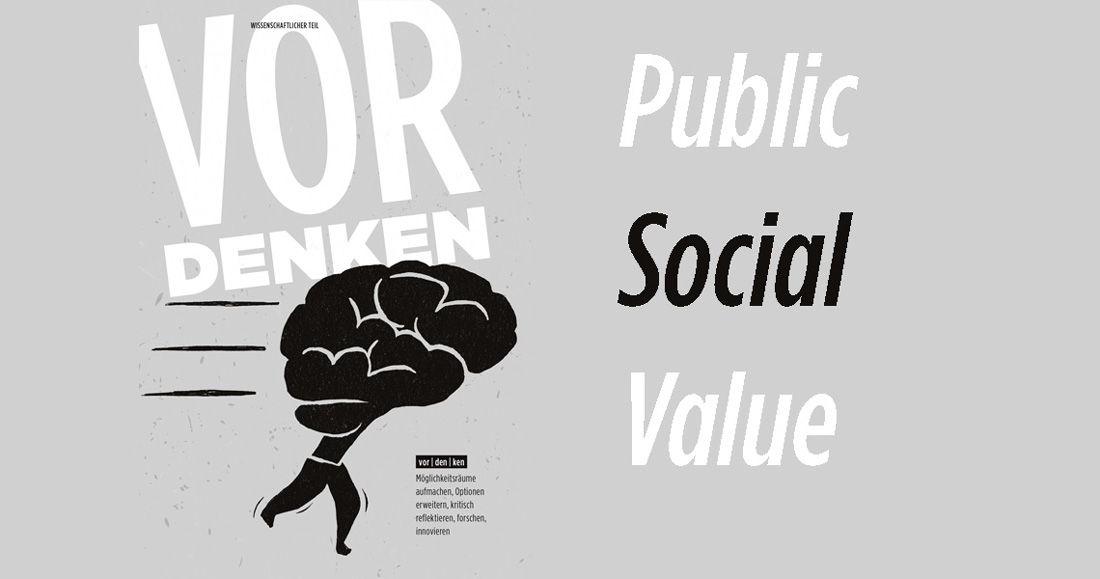
There are seven implications that should be especially noted by those who will be involved in creating social impact assessment criteria and procedures for PSM organizations:
1. Embrace PSM's intrinsic values
An organization must be distinctive to compete effectively, but it can't be that if it fails to embrace intrinsic values that are endemic to it. It is worrisome to hear PSM managers devalue citizenship and prioritize customers. This notion can be useful in efforts to change internal culture to become more mindful of the competitive situation, but a public institution is not a private company. It is worrisome, as well, to find young employees with little understanding of what public service means in media, or how PSM is different from for-profit media. Intrinsic values matter today as much as ever.
2. From intrinsic to use value
The worth of intrinsic values must be operationalized as use value. Impact is determined by actual use. If people don't access and use PSM services then, de facto, they aren't services and the institution does not matter except in principle. Achieving improvement in use value demands a lot of the enterprise. PSM must be far less paternalistic, self-protective, self-sufficient, and self-satisfied and much more facilitative, inclusionary and knowledgeable about what people want and need, and how they live.
3. Exchange value must be sustainable
This requires tough decisions about what to do, what to stop doing, how to organize and practice with increasing efficiency, and how much to pay for what in order to achieve which ends. Competition is not all that matters and being obviously distinctive is crucial for PSM's sustainability. No PSM firm can have unique social impact if it is no different from its for-profit competitors.
4. A long-term strategic focus
The managers of PSM organizations should resist the strong pressures to focus on short-term needs and discipline their thinking to always take a long-term strategic view of the enterprise. They are not owners of these firms - they are stewards of a public trust.
5. Value varies
PSM does not have the same value for all people; it does not have the same value for anyone all the time; and it will be valued differently in varied contexts. Far more effort and investment is needed to develop nuanced understandings of PSM's value among different people in different situations with different needs and at different times. PSM must always be a developmental enterprise. Managers and makers need to be competent in critical thinking and focused on continual improvement.
6. Empirical evidence is needed
Today, exchange value is as important as intrinsic value. PSM organizations need indicators to empirically demonstrate improvements in both productivity and efficiency. It's crucial to provide evidence of how good a value the organization is providing for the money it receives. I suspect such measures will show the public gets better value for what it spends on PSM than what it spends for commercial services as a whole. There is little doubt that PSM organizations in Europe are doing far more with far less, and most of it much better. But where is the empirical evidence? There is not nearly enough of that for both separate companies or the sector as a whole.
7. The public determines value
The individuals using PSM products and services determine its practical value. Managers and makers have key roles in establishing the parameters, but they cannot determine the results. As Peter Drucker wisely observed, the only thing a company creates internally is cost. The value it creates is always and only external. Any company that puts its institutional self-interests above the needs, wants and preferences of an evolving public practice in media use is not sustainable.
Der Autor Gregory F. Lowe ist Universitätsprofessor an der »School of Communication, Media and Theatre« der Universität von Tampere.
[Download Studie "Public Social Value"]
[Download Public-Value-Bericht]
